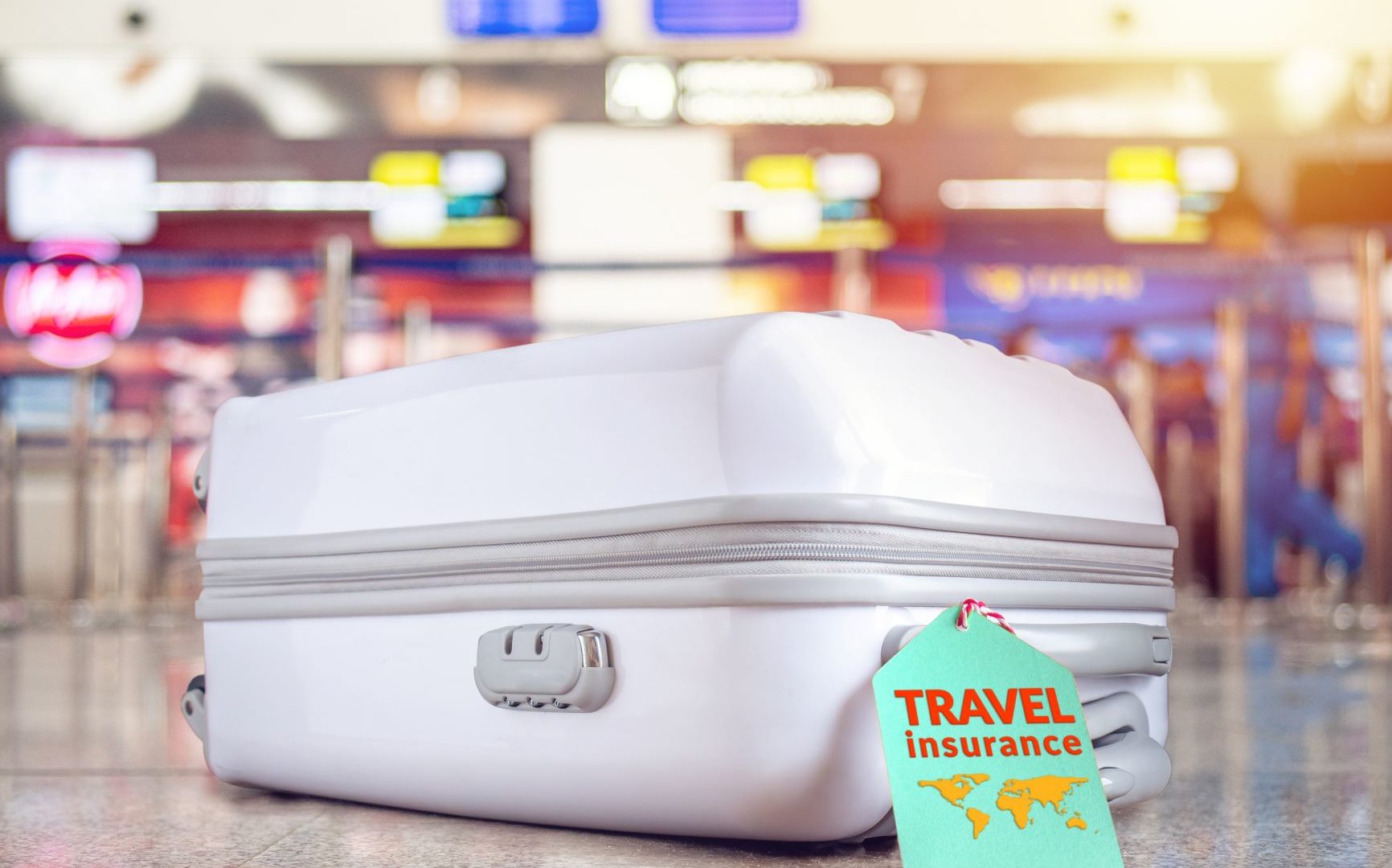A cell phone network that works great at home may not offer the kind of coverage you’re used to when you travel. In the same way, insurance that meets your needs in your hometown may not fit the bill when you are on the road or across the ocean.
For this reason, most mission groups provide or require supplemental insurance for their mission trip team members. Often this is included in your fundraising budget.
Good policies are not expensive or hard to get, especially if you work with a specialist. It may help to know, though, the kinds of insurance that are available and what you’re likely to need.
- Understand the types of insurance and what they cover.
Travel insurance plans should include at least the first three items on this list:
Medical care for illnesses and injuries
Most who go on mission trips are already covered under some type of health insurance, but this may not provide good coverage for your treatment, medication, or hospitalization in another country (from what they call “out of network” care providers). Supplemental health insurance gives trip organizers the peace of mind that everyone has adequate coverage and simplifies the process of getting medical advice, finding clinics or hospitals, and filing claims if you get sick or hurt on the trip.
Emergency evacuation coverage
What if you are so sick or hurt that you need to be evacuated home or to a city with better medical facilities? Medical evacuation insurance picks up those expenses and can cover the cost of someone traveling with you. Emergency evacuation insurance may also cover the expense of getting you out if you have to leave due to political or civil unrest.
Repatriation of remains
In case you die overseas, this insurance will cover the expense of bringing your body back to your home country. It’s not something we like to think about, but if you don’t have this and the worst happens, it could cost your family or sending group a great deal of money and trouble.
Trip cancellation insurance
Business people and other travelers sometimes buy trip cancellation insurance in case a conference, meeting, or flight is cancelled. If your trip gets cancelled or you are sick and cannot go, you might be glad to have trip cancellation insurance. Such policies may also cover costs incurred to due flight delays and missed connections or loss or damage of your luggage.
Travel assistance service
Some travel insurance policies even include a hotline for assistance, 24 hours a day, with medical emergencies, lost items such as passports and luggage, destination information and advice, and even purchasing tickets for travel and events. This kind of help may be more than you need or want to pay for, but could come in handy if you are a tight schedule, on your first trip to that location, or don’t have people who can help you on the ground.
Coverage for dangerous activities or destinations
If your trip includes an extreme activity such as zip-lining or hang-gliding (or even something like riding a motorcycle), make sure your medical insurance policy will cover you in the event of an injury during that activity.
Depending on where you are going, you may want to look for war and terrorism coverage, kidnap and ransom coverage, and international property insurance. You may even be offered supplemental life insurance.
- You should get insurance from a broker.
Although you can just buy many kinds of insurance off the Internet, the most efficient and affordable way to get the coverage you really need is to work with an insurance provider or broker.
“You’re better off getting insurance from a company that caters to missionaries, rather than buying from a travel agent or someone whose focus is honeymooners, those going on cruises, and package travel,” says Mark Sequeira, a former overseas worker who is currently on staff with Good Neighbor Insurance. “You don’t want to pay for what you don’t need, and the cost difference can be considerable.”
He continues, “Most policies will also continue to cover you after you return home for an injury or illness that begins when you’re overseas. The right broker will have options for seniors and those with preexisting conditions and should offer contracted missionary rates for church teams and mission projects.”
Additionally, he says, “When you’re looking for an agent or broker, ask around. Other missionaries know who to trust and can make recommendations or referrals. If you are joining a mission agency (or even going with them short-term), ask if they have a broker or specific requirements for insurance. They should be able to tell you what you’ll need and may be able to make recommendations.”
Sequeira suggests that customer service and access is a key thing to look for. He says, “If you are searching online, make sure the phone number is prominent on the website and see if they answer it personally. If you can’t easily reach them, keep shopping. You’ll be glad you did in case of a real emergency! Because most brokers carry plans at similar prices, good service is essential to help you pick the best plan.”
- Expect fairly low prices.
Most short-term policies should cost about US$1-2 a day depending on the age of participants, and rather than expecting co-pays on each expense, should pick up 100% after you meet the deductible (the initial amount you agree to pay before insurance kicks in).
Sequeira says, “Good international insurance policies will give you a choice of deductibles from US$0 up to $5,000, but for short-term plans, the difference is only a few dollars total per trip. So, we recommend going with $100 or $250. Of course, always follow the guidelines established by your mission agency. Or, if they do not have a minimum, use wisdom and the advice of a professional who will address your specific needs and where you are going or what you will be doing.”
This information is courtesy of www.ShortTermMissions.com, which is coordinated, produced, and maintained by Mission Data International (M-DAT) and its volunteers in partnership with the Standards of Excellence in Short-Term Missions. M-DAT is a non-profit ministry that provides web services to help people make it to the mission field.






